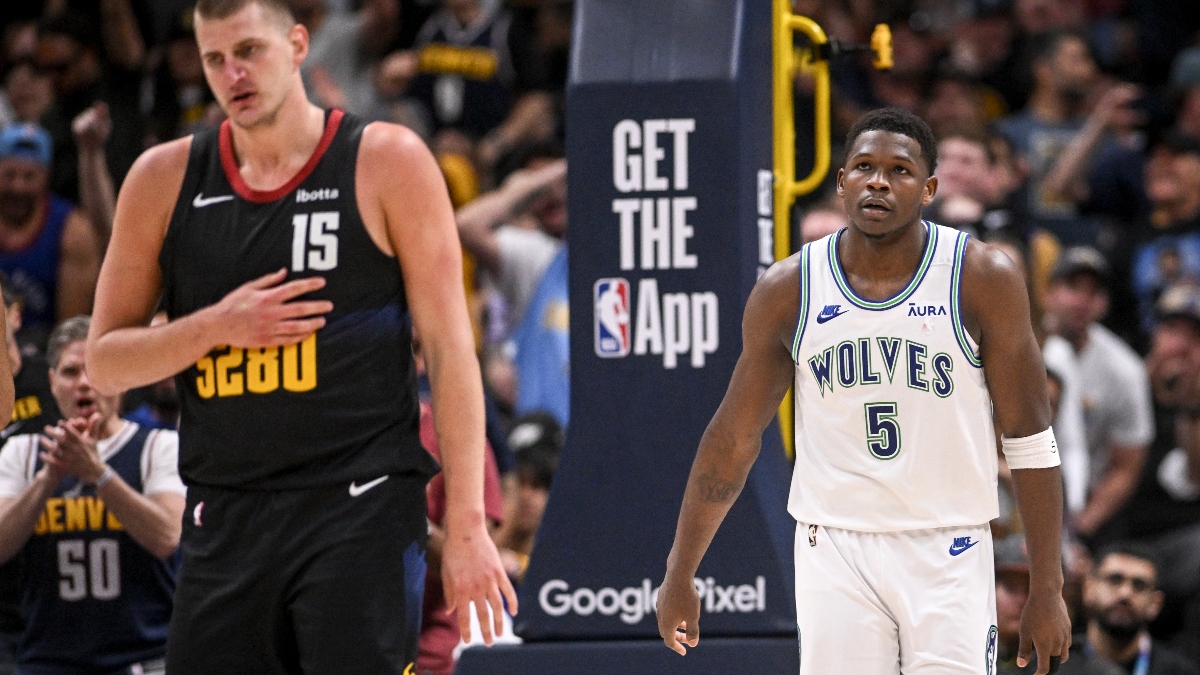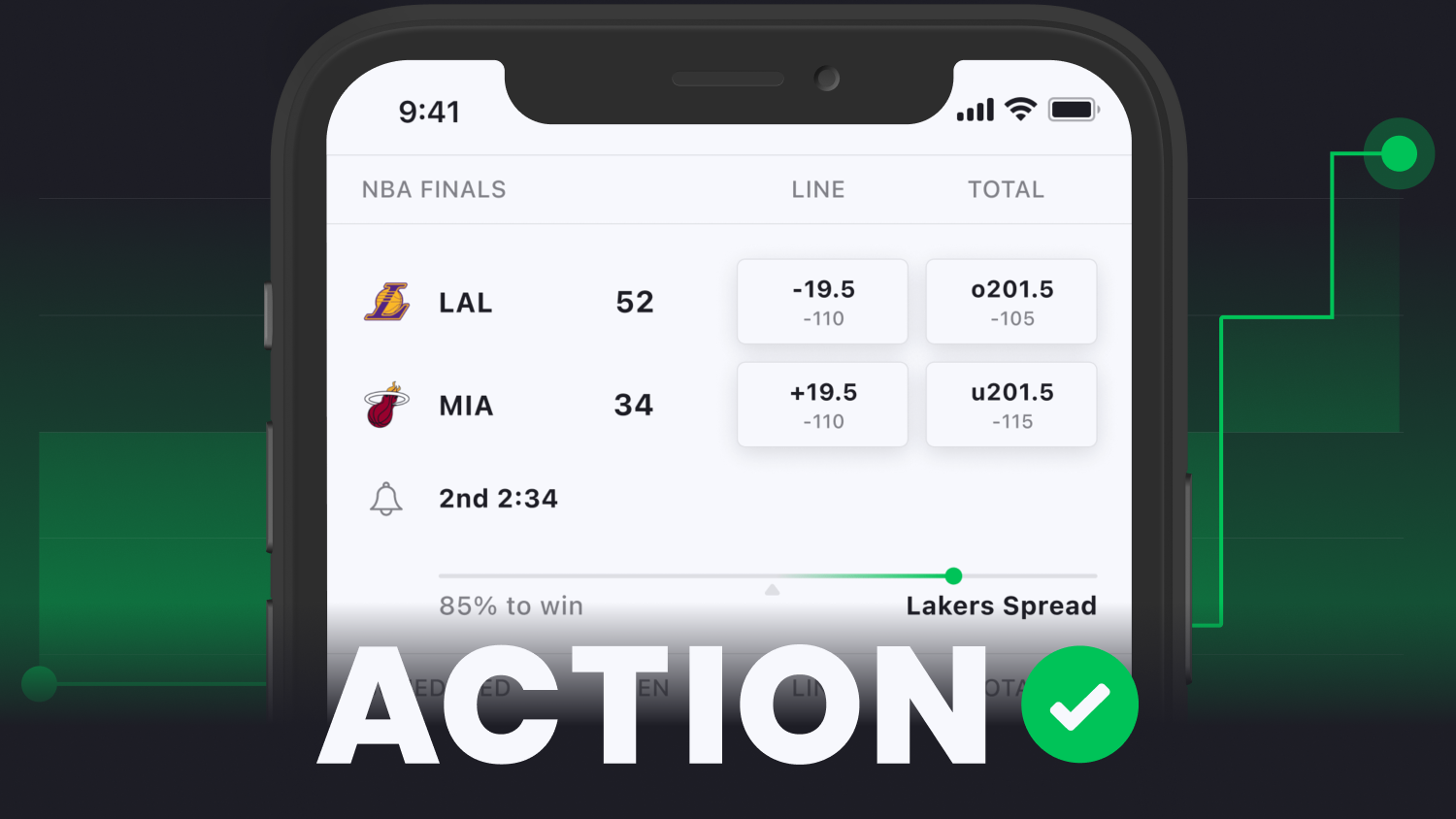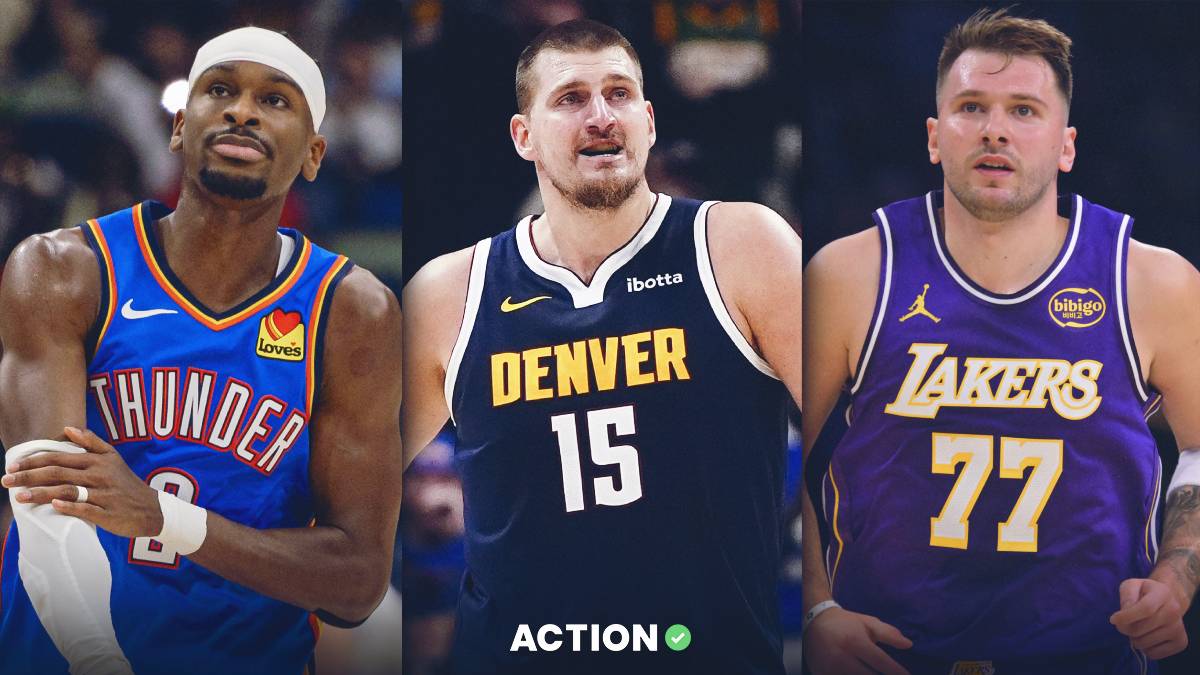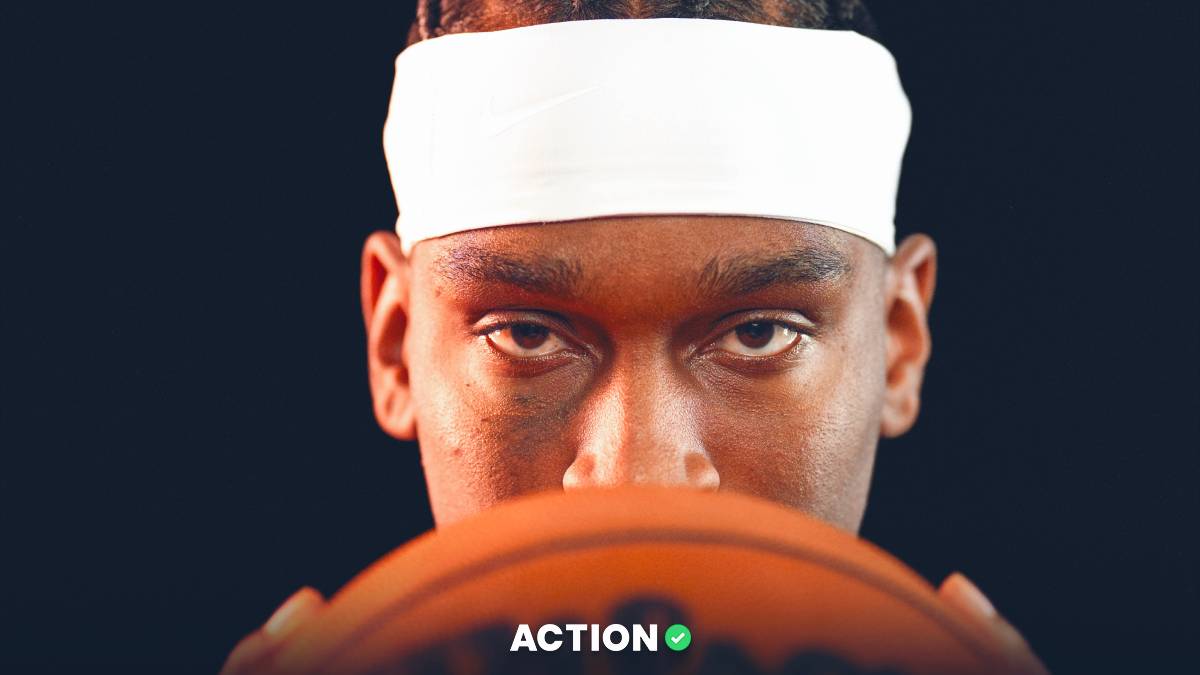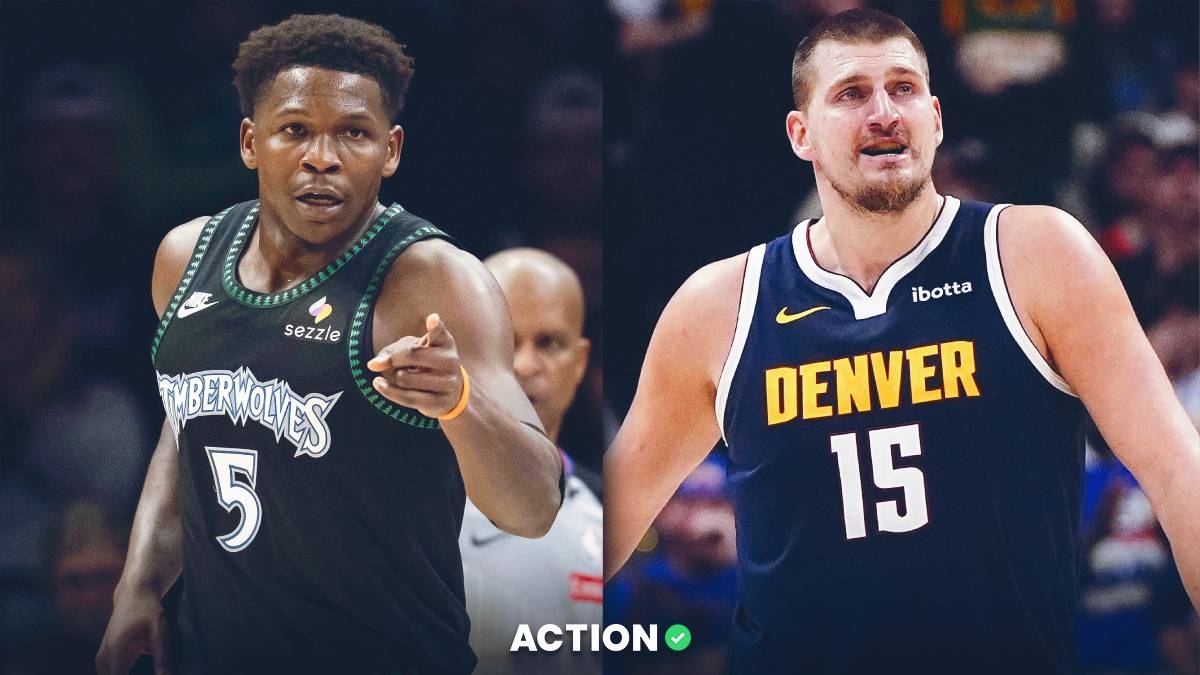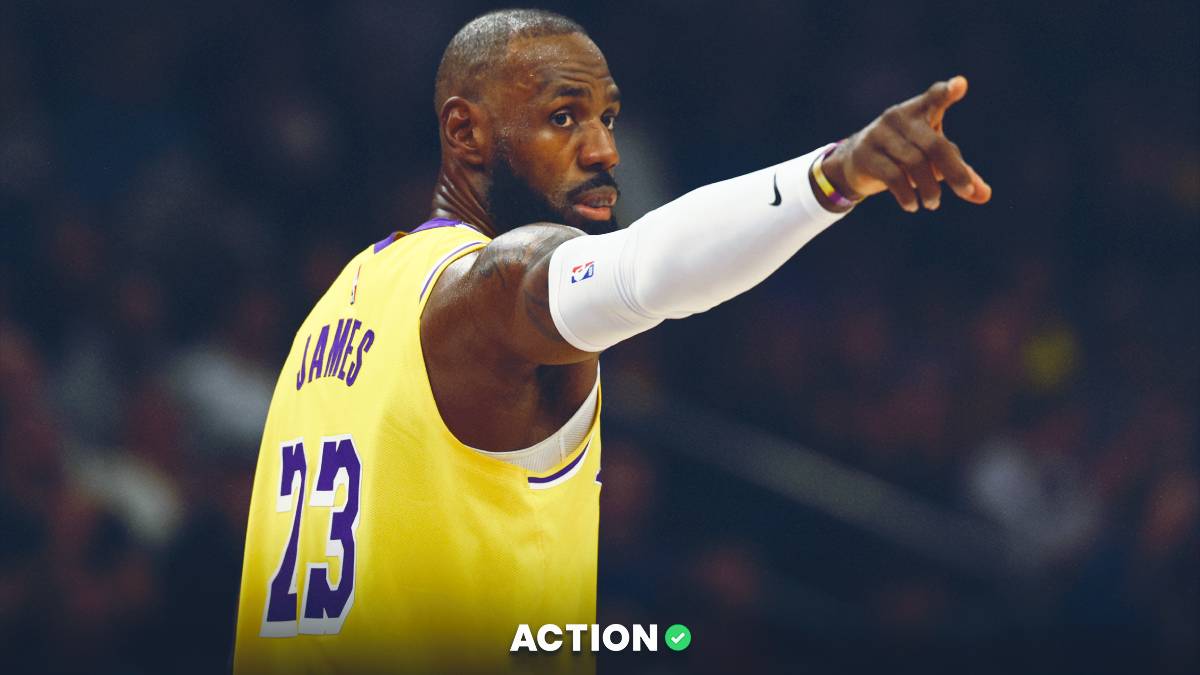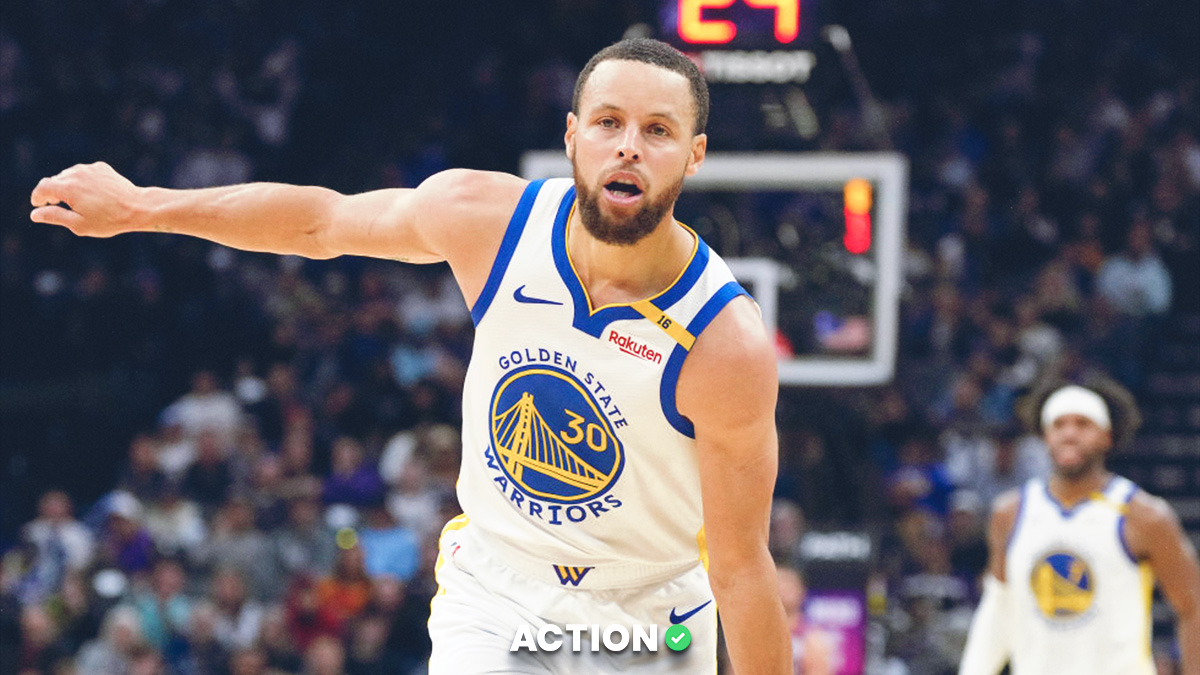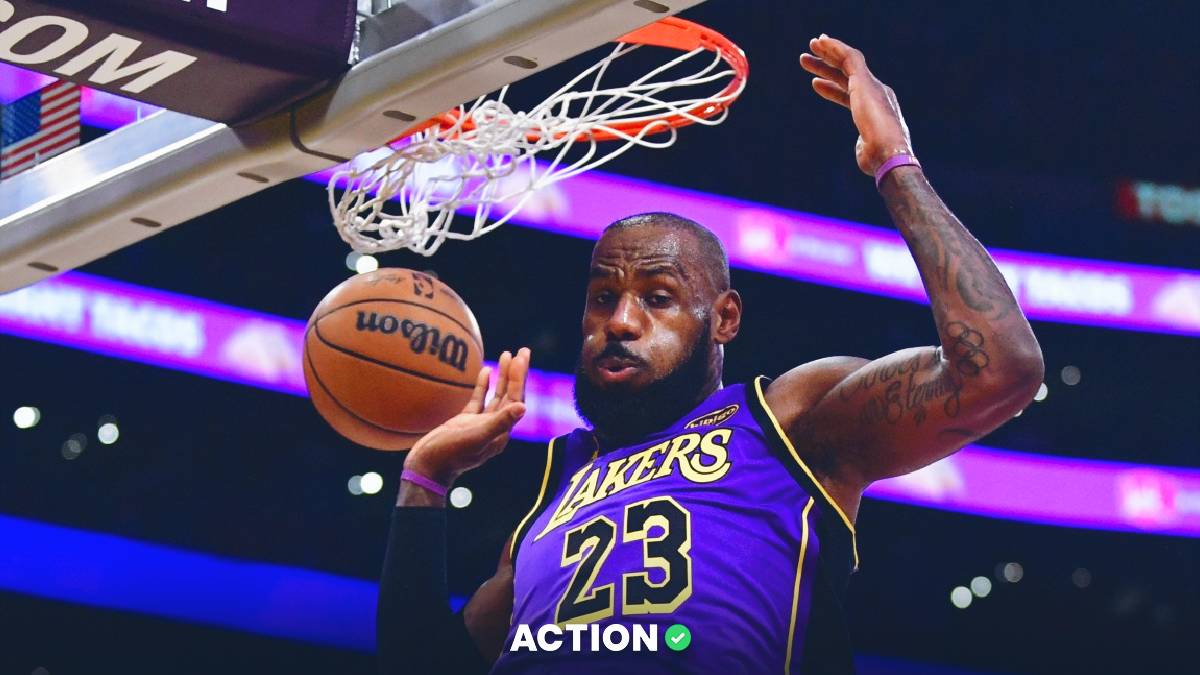DENVER — In the end, the hunt caught up with the hunters.
The Denver Nuggets' quest for back-to-back titles ended on Sunday night as they became the first team to give up a 15-point halftime lead and 20-point second-half lead in a Game 7 loss to the Minnesota Timberwolves.
As is so often the case when the pressure gets highest, the game showcased not only how far Minnesota has come as a contender and their arrival but also the shortcomings with Denver that seem so obvious in hindsight.
The Nuggets' title run resulted in the same short rest that derails so many attempts at a repeat. Off a short rest, Jamal Murray suffered with conditioning issues, resulting in missed time. The NBA's restrictive CBA makes it difficult to nearly impossible for high-priced teams to bolster their squads. The Nuggets lost Bruce Brown in free agency, unable by the rules of the CBA to offer him more than $8 million with Brown coming off a run as the sixth man for a title team.
Instead, the Nuggets opted for a young and unproven bench alongside Reggie Jackson. The lack of production and impact meant that the Nuggets' starting five would play more minutes than last season.
Denver was able to breeze to the 1-seed last year, resting for much of the month of March after a slow start to the season. This season, the league compacted a huge chunk of their games before Thanksgiving. The Nuggets opted to push through that stretch, establishing themselves as one of the top seeds which they hoped would mean they wouldn't have to catch up ground later.
Except the Wolves and the Thunder simply didn't go away.
After the All-Star break when teams typically look to rest up for the playoffs, the Nuggets ripped off a 15-2 run. The vibes were great, the team was playing its best basketball.
But after Michael Malone had said before play resumed that the team would focus on getting healthy instead of seeding, the Nuggets' success convinced them that they could do both: pursue the 1-seed and still have enough for the playoffs.
But the further the season went on, the more gassed the Nuggets seem to be. Their performances were fine enough. They caught the Wolves with a home game without Karl-Anthony Towns and had a chance at the 1-seed thanks to a late season dip by the Thunder.
But then came Game 81. The Nuggets lost to the Spurs, blowing a second-half double-digit lead behind an amazing game from Victor Wembanyama and a dagger from Devonte' Graham.
The Nuggets pushed the engine all the way to the finish for a 1-seed they wouldn't capture.
In Game 7 vs. the Wolves, the Nuggets built a 20-point lead, just like they built an advantage for the 1-seed. And just like in the regular season, they ran out of gas and couldn't hold it. They'd pushed the engine too far.
Jamal Murray's injury made him a liability in the series on both ends. Last season's team would have leaned on Bruce Brown to act as a secondary playmaker or run point. This year's squad had to simply grit through it.
In so many moments, Nikola Jokic has been the one to outlast his opposition. He outran Anthony Davis in both Lakers series. But vs. the Wolves, it was clear Jokic had nothing left when the Wolves punched back after halftime. The Nuggets' offense stalled, coughed the ball up and every shot was off.
In the 4th quarter, the Wolves generated 10 second-chance points. There were other culprits, Murray, MPJ, but Jokic was under the basket for most of them as the Wolves put the game away.
After the game, Jamal Murray spoke about the difficulty of being the hunted instead of the hunter. Aaron Gordon talked about the wear and tear of every team getting up for them.
"It’s hard because the teams are hungrier," Nikola Jokic said after the game. "(They're) better talented than last year probably. Everybody got better, everybody wants to beat us probably."
The Nuggets were the hungriest team last season. This season, they were just trying to survive the hunt.
None of this should take away from the Wolves, who were the better — and hungrier — team this series and this season. The Wolves won the point differential in the series by over 30 points. Even with the farce of Game 6's point differential, the Wolves were better.
The Wolves jumped all over the Nuggets from the tip of Game 1, catching the Nuggets off guard with their ferocity defensively. After Game 2, Anthony Edwards spoke about how they knew the Nuggets would hit back, and that they have to keep punching. The Wolves were knocked on their backsides in Games 3, 4, and 5, and it was reasonable to assume they wouldn't get up. But instead, they fought back to force a Game 7.
Then they trailed by 20, and still fought back. And that's when Denver realized they had nothing left.
The Wolves just kept punching. The Nuggets didn't lose because their punches weren't good enough.
They lost because they couldn't get their gloves up.
The Nuggets tried to get through the rigor of a repeat season by doing just enough. In the end, they didn't have enough.
Now they face questions about Jamal Murray, thought to be a playoff riser until this postseason.
They face questions about Michael Porter Jr. who was excellent in every series but the Finals last year and this Wolves series.
There will be questions about the bench and the plan to reinforce the team with young talent vs. veteran depth, about Michael Malone's coaching and if ten years is too long for one coach in a position, and if the Nuggets were victims of matchup, bad shooting luck, or if last year was just lightning in a bottle vs. a weaker field of opponents.
But while the Wolves deserve every ounce of credit for chasing the Nuggets through the regular season, putting them on a cliff in the first two games, and outmaneuvering them in Game 7, the Nuggets fell victim to a tale as old as time.
They went from hunter to the hunted, and the hunt caught up with them at the very worst moment.


